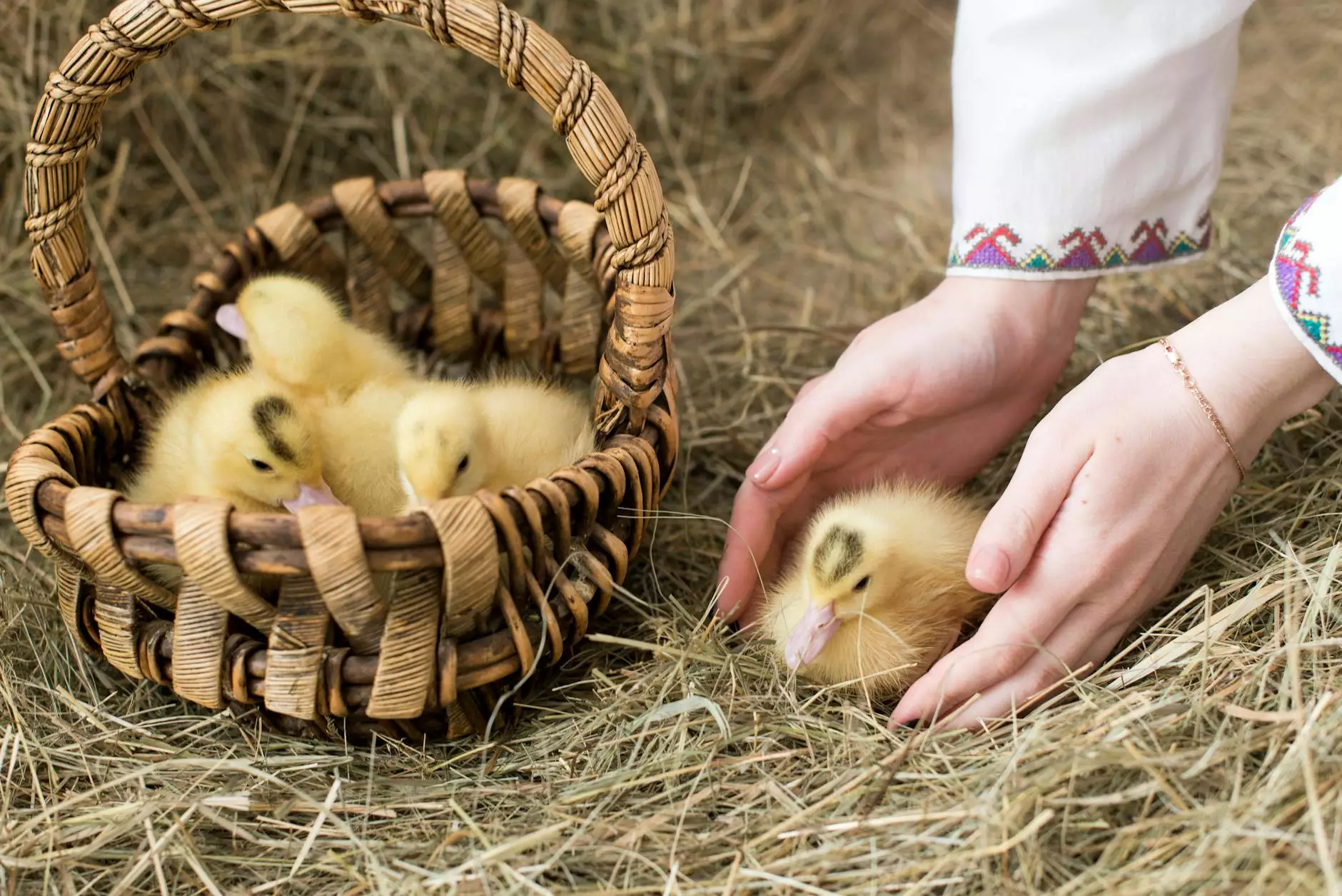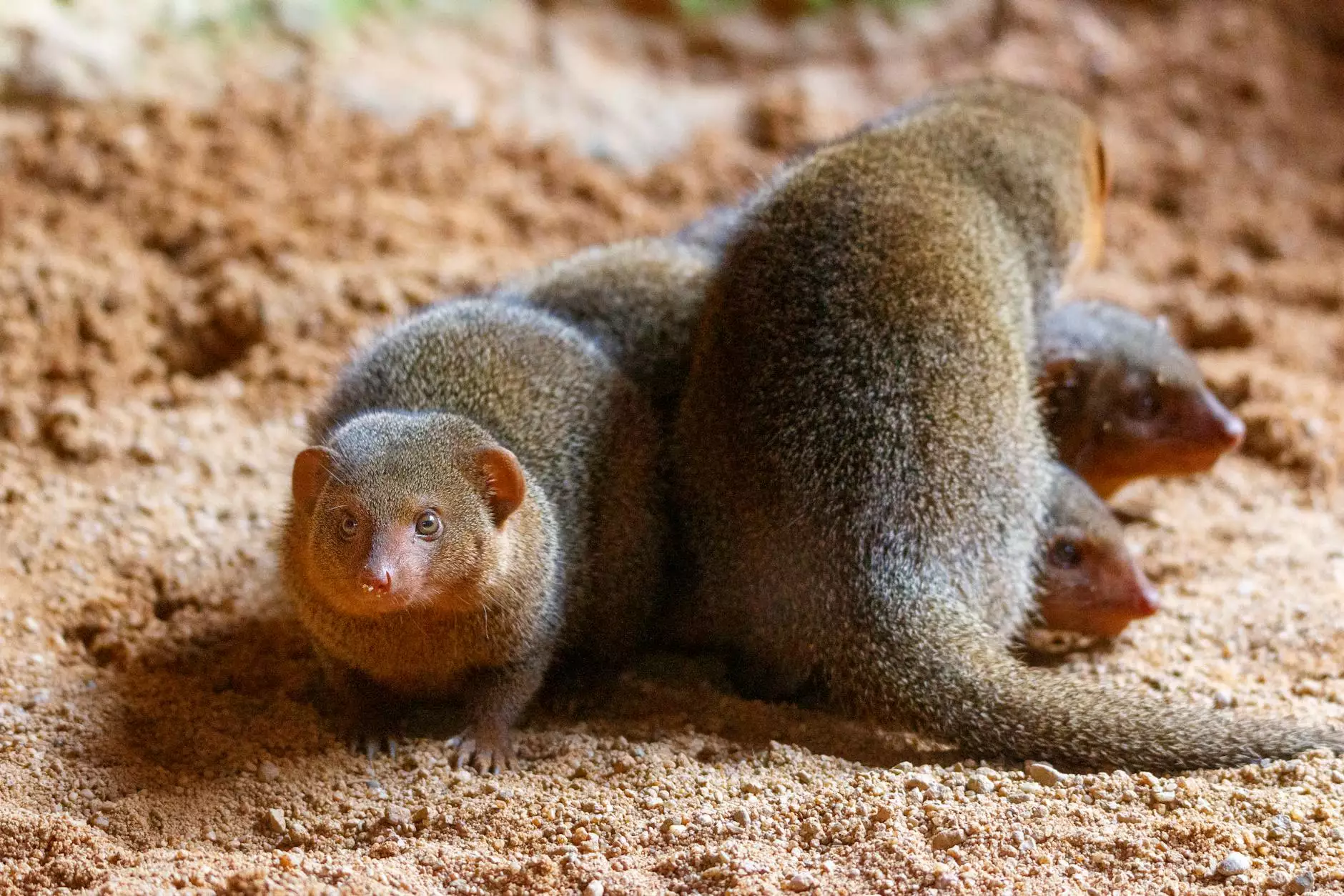The Rise of Chicken Exporters: Unraveling the Global Poultry Market

The global demand for poultry has been rising sharply, driving an increasingly competitive landscape for chicken exporters worldwide. As countries look to both satisfy local consumption and boost their economies through international trade, the role of chicken exporters has never been more significant. This article delves into the dynamics of the poultry market, focusing on Brazilian poultry exporters, bulk chicken supply, and the influential factors driving success in this field.
Understanding the Role of Chicken Exporters
Chicken exporters play a pivotal role in the international trade of poultry products. They facilitate the supply of chicken to various markets, meeting consumer demand with high-quality products at competitive prices. The role of these exporters is multifaceted, encompassing aspects such as:
- Production and Sourcing: Identifying reliable chicken farms and ensuring quality control.
- Processing: Ensuring that the chicken meets safety standards and is processed for export.
- Logistics: Managing the transportation and logistics of moving products across borders.
- Market Analysis: Understanding demand in different regions and adjusting supply accordingly.
- Regulatory Compliance: Navigating the legal requirements associated with poultry exports.
The Brazilian Advantage in Poultry Exports
Brazil has emerged as one of the world's largest chicken exporters, significantly influencing the global poultry market. The country's unique advantages include:
1. Ideal Climate for Poultry Farming
Brazil’s temperate climate allows for year-round poultry farming. This not only ensures a consistent supply but also enhances the quality of the chicken reared. The rich variety of feed available in Brazil further contributes to healthier chickens, making the final product more appealing in global markets.
2. Advanced Farming Techniques
Brazilian poultry farms utilize advanced breeding techniques and technologies. From biosecurity measures to optimized feed formulations, these farms are designed to maximize both yield and quality. Additionally, the use of modern equipment helps maintain hygiene and animal welfare, which has become a priority in poultry farming.
3. Robust Export Infrastructure
Brazil's logistical capabilities for exporting chicken are highly developed. Ports such as the Port of Santos are equipped to handle large volumes of frozen poultry, and efficient transport networks connect farms to international markets swiftly. This robust infrastructure is critical in ensuring that chicken exporters can deliver products fresh and on time.
Global Market Dynamics
The landscape for chicken exports is not static. It is influenced by various global market dynamics, which can impact demand and supply:
Market Demand Trends
As consumers become more health-conscious, there is a growing preference for lean proteins. Chicken, being lower in fat compared to other meats, fits this trend perfectly. This has encouraged countries to import more chicken to meet consumer demands, significantly benefiting chicken exporters.
Trade Agreements and Tariffs
Trade agreements can profoundly affect the flow of poultry products. For instance, countries may reduce tariffs on chicken imports to encourage trade relationships, impacting the sales strategies of exporters. Staying abreast of these changes is crucial for chicken exporters aiming to maintain a competitive edge.
Challenges Faced by Chicken Exporters
Despite the booming industry, chicken exporters face numerous challenges:
1. Stringent Regulations
Each country has its own set of regulations regarding the importation of poultry, including health standards and biosecurity measures. Compliance can be complicated and costly, demanding meticulous attention to detail from exporters.
2. Fluctuating Feed Costs
The costs associated with chicken feed can fluctuate greatly due to changes in commodity prices. These variations directly impact the profit margins of chicken exporters, making it essential to implement strategies for managing these costs effectively.
3. Competition
The competition within the poultry market is fierce. Beyond Brazilian exporters, other countries like the United States and Thailand also rank highly in global chicken exports. Competing effectively requires innovation, quality products, and strategic marketing.
Conclusion: The Path Forward for Chicken Exporters
As the global demand for chicken continues to rise, the prospects for chicken exporters remain strong. Brazilian poultry exporters, in particular, are well-positioned to capitalize on these opportunities, thanks to their advantageous climate, advanced farming techniques, and robust infrastructure. By navigating challenges effectively and leveraging global market trends, exporters can enhance their positioning in a competitive landscape.
For those looking to enter or thrive in this industry, understanding the nuances of the global poultry market is essential. Utilizing comprehensive strategies that encompass production, quality control, logistics, and marketing will be the cornerstone of success in the realm of chicken exporting.
About Frozen Chicken Group
Frozen Chicken Group, accessible at frozenchickengroup.com, is dedicated to providing top-quality bulk chicken exports. With a focus on Brazilian poultry and a commitment to sustainability and quality, we are positioned to meet the needs of our international clients. Leveraging our expertise and understanding of the market, we ensure superior service and product delivery to customers worldwide.









